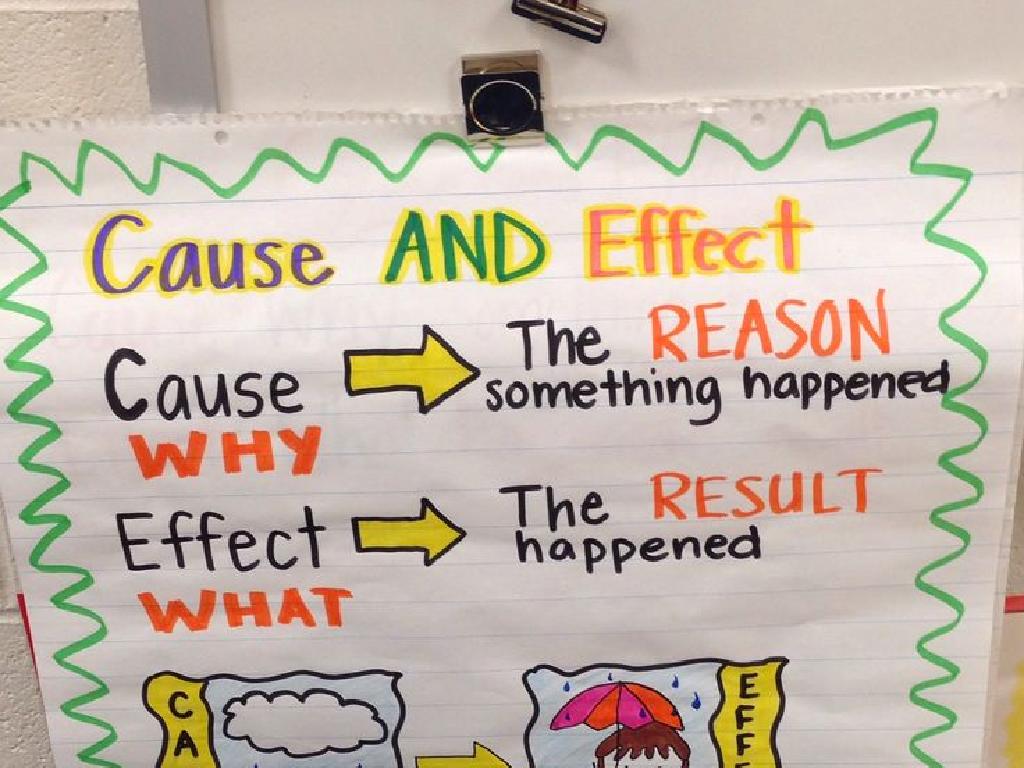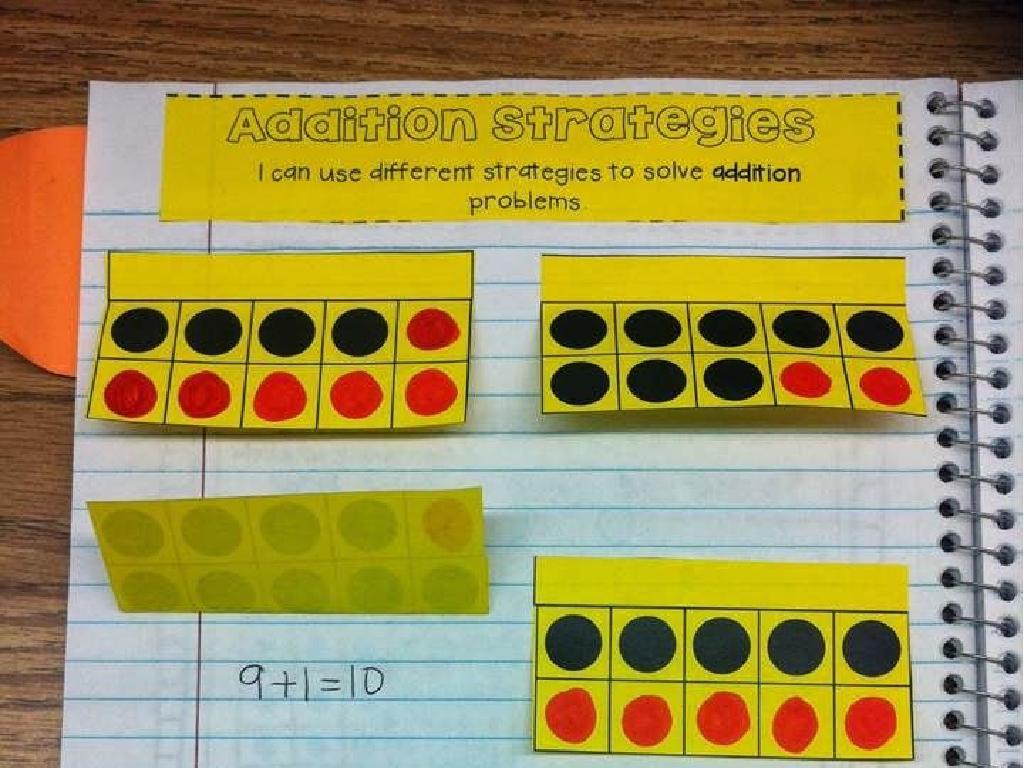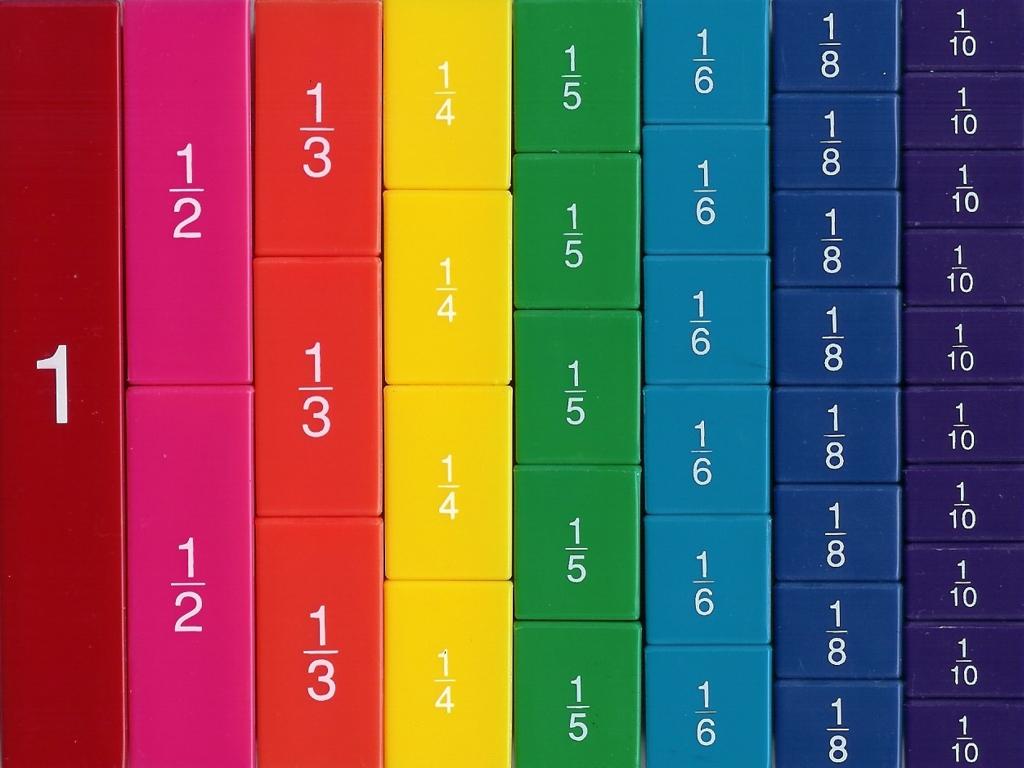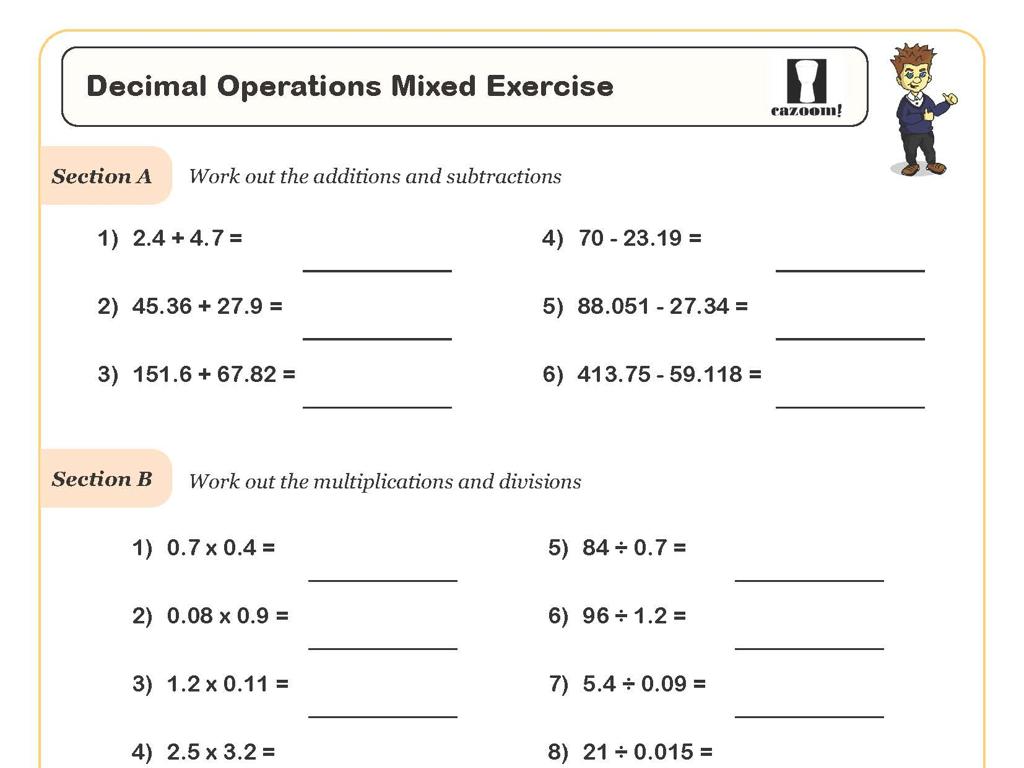The National Constitution Center
Subject: Arts and humanities
Grade: High school
Topic: Us Government And Civics
Please LOG IN to download the presentation. Access is available to registered users only.
View More Content
Exploring the National Constitution Center
– Overview of the Constitution Center
– A museum dedicated to the US Constitution and its history.
– Constitution’s impact on daily life
– How the Constitution shapes laws, rights, and freedoms.
– Linking the Center to the Constitution
– The Center showcases the living history and relevance of the Constitution.
– Engaging with civic education
– The Center provides resources for understanding civic duties and rights.
|
This slide introduces the National Constitution Center, a museum and education hub dedicated to the United States Constitution. Highlight the importance of the Constitution in shaping the legal and social framework of the country, affecting the daily lives of its citizens. Discuss how the Center serves as a bridge, connecting people to the historical and contemporary significance of this living document. Emphasize the Center’s role in promoting civic education and engagement, encouraging students to explore their rights and responsibilities as citizens. Encourage students to visit the Center, either physically or virtually, to deepen their understanding of the Constitution’s role in governance and society.
Exploring the National Constitution Center
– Congress-established information hub
– Tasked with educating about the Constitution.
– Situated in historic Philadelphia
– Philadelphia, where the Constitution was signed.
– A non-partisan, non-profit entity
– Promotes understanding across political lines.
– Focused on the U.S. Constitution
|
The National Constitution Center serves as an important resource for learning about the United States Constitution. Established by Congress, its mission is to disseminate information and encourage discourse about the Constitution. Its location in Philadelphia is significant as it is the city where the Constitution was debated and adopted. As a non-partisan and non-profit organization, the Center provides a balanced view that aims to educate without political bias. The Center’s focus on the Constitution makes it a vital institution for understanding the foundations of US government and civics, an essential aspect of the Arts and Humanities curriculum for high school students.
The Mission of the National Constitution Center
– Raise Constitution awareness
– The Center aims to deepen public knowledge and appreciation of the US Constitution.
– Educational programs for all ages
– Interactive and engaging learning experiences tailored for diverse age groups.
– Exhibits that enlighten visitors
– Visitors can explore historical artifacts and multimedia displays to gain insights.
– Scholarly debates on constitutional issues
– Experts discuss and analyze the Constitution’s impact on current events and legal interpretations.
|
The National Constitution Center serves as a hub for constitutional education and a forum for constitutional discourse. As a non-partisan institution, its mission is to disseminate knowledge about the Constitution to people of all ages and backgrounds. The Center’s educational programs are designed to be interactive and accessible, ensuring that visitors from schoolchildren to adults can engage with the content in a meaningful way. Exhibits often include rare artifacts and immersive presentations that bring the history and principles of the Constitution to life. Additionally, the Center hosts debates and discussions with scholars and thought leaders, providing a platform for rigorous examination of constitutional issues. This slide should emphasize the Center’s role in promoting constitutional literacy and its commitment to being an educational resource for the American public.
Exploring The National Constitution Center
– ‘Freedom Rising’ interactive exhibit
– A theater show that narrates the U.S. Constitution’s history.
– Encounter with ‘Signers’ Hall’
– Life-size statues of the 39 signers and 3 dissenters of the Constitution.
– Digital resources and documents
– Online access to historical texts and educational materials.
– Engaging with U.S. history
|
This slide aims to introduce students to the interactive and educational experiences available at The National Constitution Center. ‘Freedom Rising’ is a dynamic, multimedia presentation that brings the story of the U.S. Constitution to life. ‘Signers’ Hall’ allows students to walk among statues of the Founding Fathers, providing a tangible connection to the historical figures who shaped the nation. The Center also offers a plethora of digital resources, including access to historical documents, which serve as invaluable tools for both in-person and remote learning. Encourage students to explore these resources to deepen their understanding of U.S. history and the Constitution.
The Constitution in Action
– Constitution’s role in governance
– It’s the supreme law that outlines government structure and powers.
– Constitutional debates in today’s news
– Recent debates include issues on immigration, healthcare, and gun control.
– Supreme Court’s interpretive role
– The Supreme Court resolves disputes on constitutional interpretations.
– Understanding constitutional application
|
This slide aims to illustrate the practical application of the U.S. Constitution in the daily functioning of the government. Highlight how the Constitution is not just a historical document but a living framework that guides the branches of government. Discuss current events that have sparked constitutional debates, such as executive orders or legislative actions, and how these debates reflect the Constitution’s relevance. Explain the Supreme Court’s critical role in interpreting the Constitution, which can often shift the direction of U.S. law and policy. Encourage students to think critically about how these interpretations can affect their lives and the fabric of American society.
Your Rights and Responsibilities
– Understanding the Bill of Rights
– The first 10 amendments to the US Constitution, ensuring individual liberties
– Case studies: rights in action
– Explore how landmark cases have defined our rights, like ‘Brown v. Board of Education’
– Civic responsibilities
– Duties like voting, jury service, and staying informed
– Participation in government
– Engaging in political processes and community service
|
This slide aims to deepen students’ understanding of the Bill of Rights and its significance in protecting citizens’ freedoms. Highlight the importance of the first 10 amendments and how they form the foundation of American civil liberties. Use case studies like ‘Brown v. Board of Education’ to illustrate the practical application of these rights. Discuss civic responsibilities, emphasizing the importance of active participation in democratic processes such as voting and jury duty. Encourage students to consider ways they can participate in government, from local community service to political advocacy, to foster a sense of civic duty and engagement.
Class Activity: Constitutional Role-Play
– Students assume government roles
– Engage in a mock government scenario
– A hypothetical situation where students must navigate a government issue.
– Use constitutional principles for resolution
– Students apply the Bill of Rights and other amendments to solve the problem.
– Discuss and reflect on the activity
– Relate the role-play experience to actual US governance processes.
|
This interactive class activity is designed to deepen students’ understanding of the US Constitution and its practical application in governance. By assigning students roles as government figures, they gain insight into the responsibilities and challenges faced by officials. The mock scenario should be crafted to require students to reference specific constitutional principles or amendments for resolution, thereby reinforcing their knowledge of the document. After the role-play, lead a discussion to encourage students to reflect on what they’ve learned and to draw parallels between the simulation and real-world governance. Possible roles include President, Senators, Supreme Court Justices, etc. Scenarios can involve rights debates, passing a bill, or constitutional amendments. This activity fosters critical thinking and practical application of civics education.






